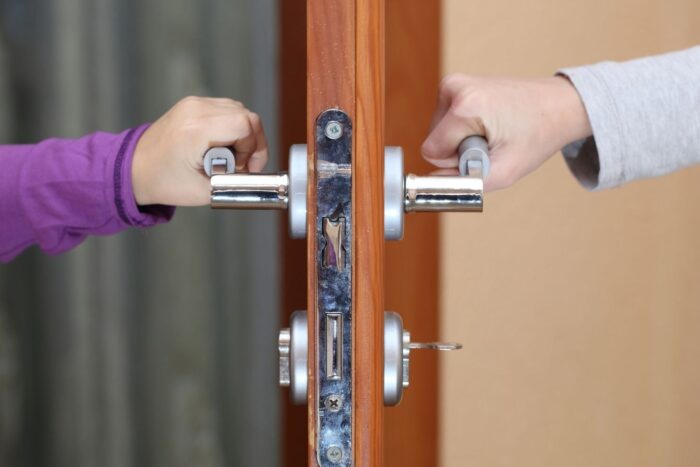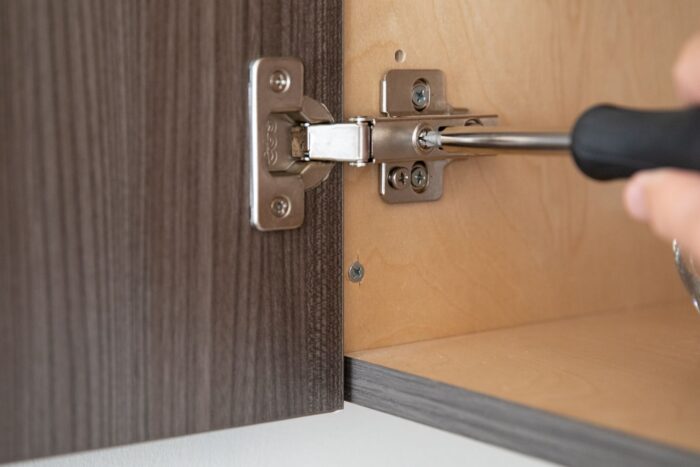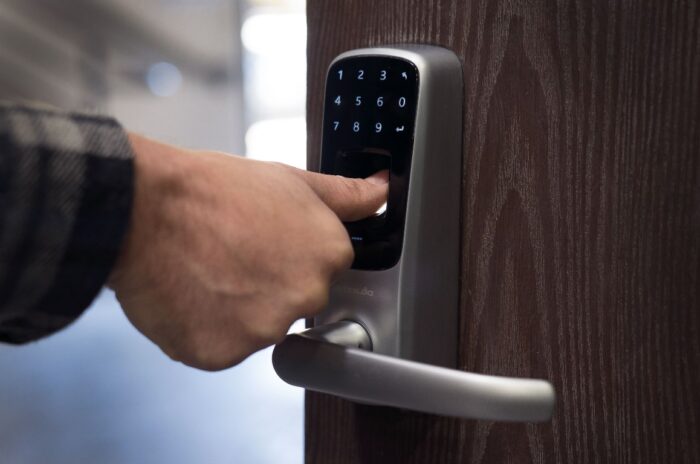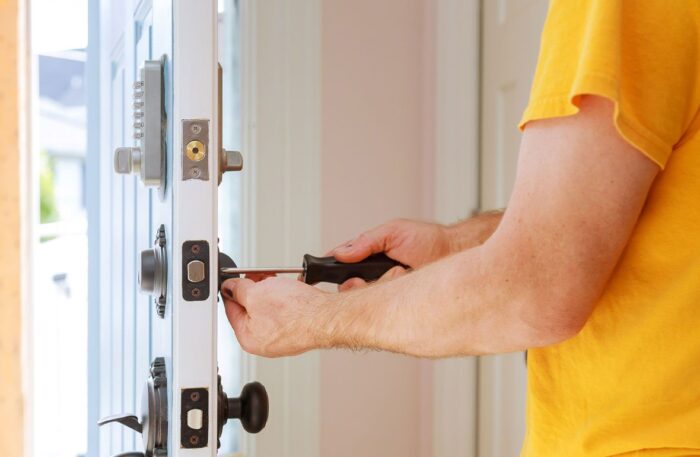As homeowners, we often overlook the importance of maintaining our door locks until a mishap occurs, leaving us vulnerable to security breaches and inconvenience. Yet, by taking some simple steps to care for our locks, we can ensure they remain in top-notch condition, keeping our homes and loved ones safe.
In this comprehensive guide, we’ll delve into the world of lock maintenance with expert insights from a seasoned locksmith. Whether you’re a new homeowner or simply looking to upgrade your security knowledge, this article will equip you with valuable tips to maintain your door locks effectively.
Table of Contents
Choosing the Right Locks for Your Doors

Selecting the appropriate locks for your doors is the foundation of a secure home. When shopping for locks, consider factors such as material, design, and type of lock. Opt for high-quality mechanisms made of robust materials like brass, steel, or nickel, which provide durability and resistance against forced entry.
Deadbolts are one of the most reliable options, offering an added layer of security due to their sturdy structure. If you require keyless entry or remote access, electronic smart locks are worth considering.
Additionally, consult with the lucky locksmith to identify the best for your specific needs and budget. Properly chosen models can deter potential intruders and ensure peace of mind for you and your family.
Regular Cleaning and Lubrication
Regular cleaning and lubrication are essential to maintain the longevity and functionality of your door locks. Dust, dirt, and debris can accumulate within the lock mechanism, hindering smooth operation. To prevent this, use a soft brush or compressed air to gently remove any particles from the lock.
After cleaning, apply a silicone-based lubricant to the keyway, latch, and other moving components. Lubrication reduces friction and prevents wear, allowing your lock to perform optimally. However, be cautious not to over-lubricate as excess lubricant can attract dirt.
Make cleaning and lubrication a part of your seasonal maintenance routine to keep your locks functioning smoothly year-round.
Inspecting for Wear and Tear
Performing regular inspections on your door locks is vital to catch potential issues before they escalate. Check for signs of wear and tear, such as rust, loose screws, or misalignments. A rusty lock can impede the key’s entry and lead to a malfunctioning lock.
Tighten any loose screws or components promptly to prevent further damage. Moreover, examine the strike plate on the door frame for alignment. If the strike plate is misaligned, the bolt may not fully extend, reducing security.
To rectify this, adjust the strike plate as needed to ensure a proper fit.
Adjusting Door Alignment

Door misalignment can put stress on your locks, causing premature wear. To rectify this issue, check for gaps between the door and the frame when it’s closed. A gap at the top indicates that the door sags, while a gap at the bottom indicates the door may be rubbing against the floor.
To adjust the alignment, tighten or loosen the hinges accordingly.
Additionally, a misaligned latch can cause difficulties in locking or unlocking the door. To address this, adjust the latch plate on the door frame so that it aligns properly.
Tightening Loose Screws and Components
Over time, door locks can experience loosened screws and components due to constant use and exposure to weather conditions. Regularly inspect and tighten any loose screws or fittings.
Use the appropriate tools and ensure not to overtighten, as it can strip the screw holes or damage the lock mechanism.
Tightening loose screws not only improves the lock’s functionality but also prevents potential security risks.
Dealing with Key Issues
Key-related problems are common but can be easily addressed with some troubleshooting. If your key is sticking or difficult to turn in the lock, avoid forcing it, as it may break inside the lock.
Instead, lubricate the key with graphite powder, which helps the key slide smoothly into the keyway. If you have a keyless model and experience issues with the keypad or batteries, replace the batteries regularly, and keep the keypad clean and free from debris.
Always have spare keys in case of emergencies, but store them securely to prevent unauthorized access.
Upgrading Security Features

In a constantly evolving world, it’s essential to stay ahead of potential security threats. Consider upgrading your door locks with advanced security features to enhance your home’s safety. Smart locks, for instance, offer remote access, allowing you to lock and unlock your doors from anywhere via a smartphone app.
Biometric locks use fingerprint recognition for added security, while keyless entry systems eliminate the risk of lost or stolen keys. Additionally, installing a peephole or a video doorbell provides visual verification of visitors before opening the door.
By embracing modern security technologies, you can fortify your home against potential intruders.
Avoiding Common Mistakes in Maintenance
While maintenance is crucial, there are common mistakes homeowners often make that can inadvertently harm their locks. One such mistake is using the wrong lubricant, such as oil-based products, which can attract dust and debris, leading to clogged locks.
Always opt for silicone-based lubricants specifically designed for locks. Another mistake is ignoring the signs of wear and tear, hoping the issue will resolve itself. Ignoring early warning signs can exacerbate the problem, leading to costly repairs or replacements.
Address any concerns promptly and seek the assistance of a professional locksmith if needed.
Final Words

Maintaining your door locks is a responsibility that should never be underestimated. By investing time and effort in proper care, you can ensure the longevity and functionality of your locks while maximizing the security of your home.
Remember to choose high-quality locks, clean and lubricate regularly, inspect for wear and tear, and adjust door alignment as needed. Tighten loose screws, troubleshoot key issues, and consider upgrading to modern security features to stay ahead of potential threats.
Lastly, avoid common maintenance mistakes that may compromise the integrity of your locks. By following these expert tips, you can enjoy the peace of mind that comes with a secure and well-maintained home.

